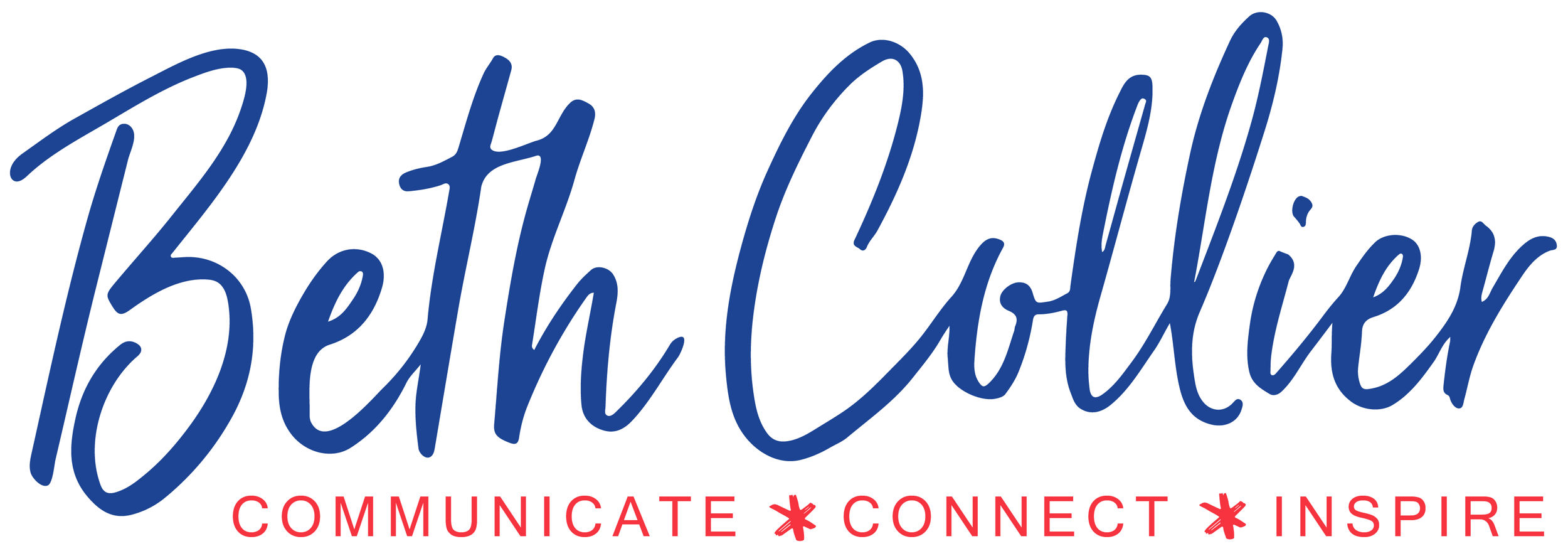Want to be an ally to women? Here’s how.
Small things make a big difference
The other day I was chatting with a client about the challenges she (and many people) face speaking up in meetings at work. I reflected on my experiences, working in banking, and the dynamics of the leadership team I was part of. Although I was not the only woman in the leadership team, our conversations always seemed to be dominated by a few (male) voices in the group.
And one of the most outspoken members of the group was Greg.
Greg had worked in an Investment Bank for more than 20 years, and spoke like he was straight out of The Wolf of Wall Street. He wasn’t my type of person. Too aggressive, too abrasive, too angry.
But one day, he said something that surprised me.
During one of our meetings, I had shared an idea about how to solve a problem – but before I could finish my point, I was interrupted by Bill, another dominant man in the group.
After enjoying the sound of his voice for a few minutes, Bill offered an idea that he was sure would solve the problem.
It was the idea I had just shared.
Before I could say, ‘Thanks, Bill, that’s the point I was making earlier,’ Greg jumped in.
“THAT’S LITERALLY WHAT BETH JUST SAID!” he shouted, looking exasperated.
And in that moment, my view of Greg changed.
I didn’t need him to ‘save’ me, but I appreciated that he noticed what happened – and called it out.
As a woman, it can often be hard to advocate for yourself without looking petty and feeling awkward – but it’s AWESOME when someone else (especially a man or someone with more power) advocates on your behalf.
And it doesn’t have to be dramatic.
You don’t have to be as aggressive as Greg was that day. You don’t have to shame anyone. You can just give a gentle nudge.
Watch how Andy Murray does it.
When he was asked about Sam Querry being the first American player to reach a major semi-final since 2009, he quickly corrected the reporter.
“Male player,” he said.
And he did it again in 2016 when a BBC reporter congratulated him for being the first person to ever win two Olympic tennis gold medals.
“I think Venus and Serena have won about four each,” he said.
You can do the same kind of thing by advocating for a woman when she’s interrupted by saying things like:
“Sarah, could we hear more about your idea?”
“Could we just hear Sarah’s point?”
“Sarah, were you finished?”
You don’t have to sound an alarm and make a song and dance about it. But that small gesture acknowledging what’s happened can make such a difference to how women feel – and affect their desire to contribute in future.
And if you are the most senior person in the room (the HIPPO, as they say), remember you set the tone. You decide – and demonstrate through your actions – what is acceptable.
If people aren’t contributing as much in meetings, be curious. Ask questions and find out what the issues are. As the leader, you have the power to make your people feel safe and comfortable to contribute.
Invite others to join in the conversation. The onus shouldn’t always be on the women (or quieter, more introverted men) to always jump forward. You can show leadership by inviting them to contribute.
And show them you won’t allow certain voices to always dominate the conversation. When you say, “Thanks, George. I’d like to hear what some of the others are thinking, too” you are showing that you value other contributions.
You don’t need to wear a ‘This is What a Feminist Looks Like’ T-shirt to be an ally for women. You can be an advocate and ally with small actions that show us you value our contributions.
Invite us into the conversation.
Listen to our ideas attentively.
When we make a good point, affirm it.
Trust me, it makes a difference.
***********************
Beth Collier loves writing about the intersection of pop culture and business. She helps leaders and teams improve their communication and creativity skills through coaching and team workshops. Her clients benefit from her global business experience, her Midwestern Ted Lasso-style optimism, and her endless supply of pop culture references.
She’s also notoriously curious, and shares stories that show the power of creativity (it IS a business skill) and curiosity in her weekly newsletter, Curious Minds.

